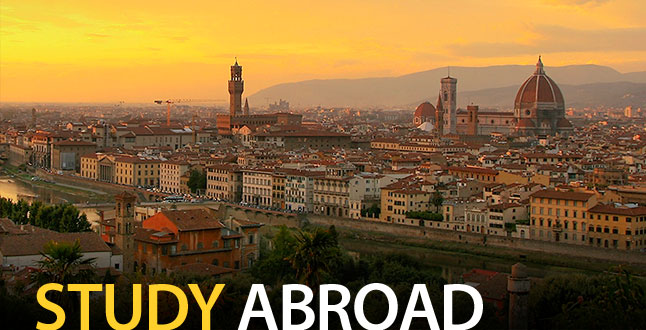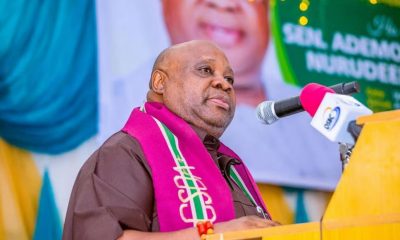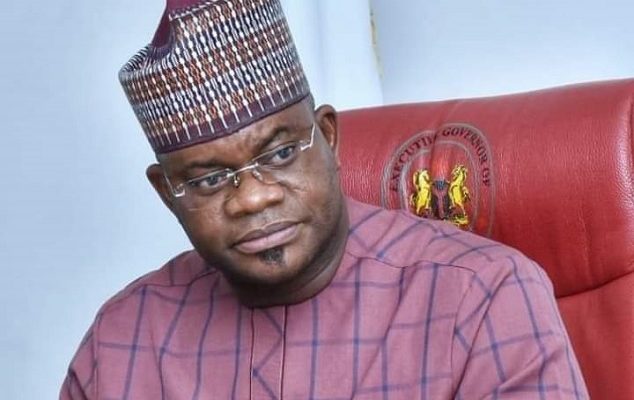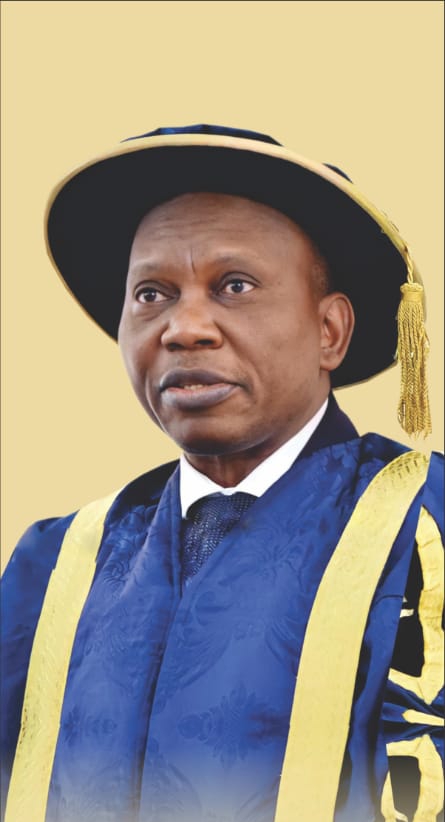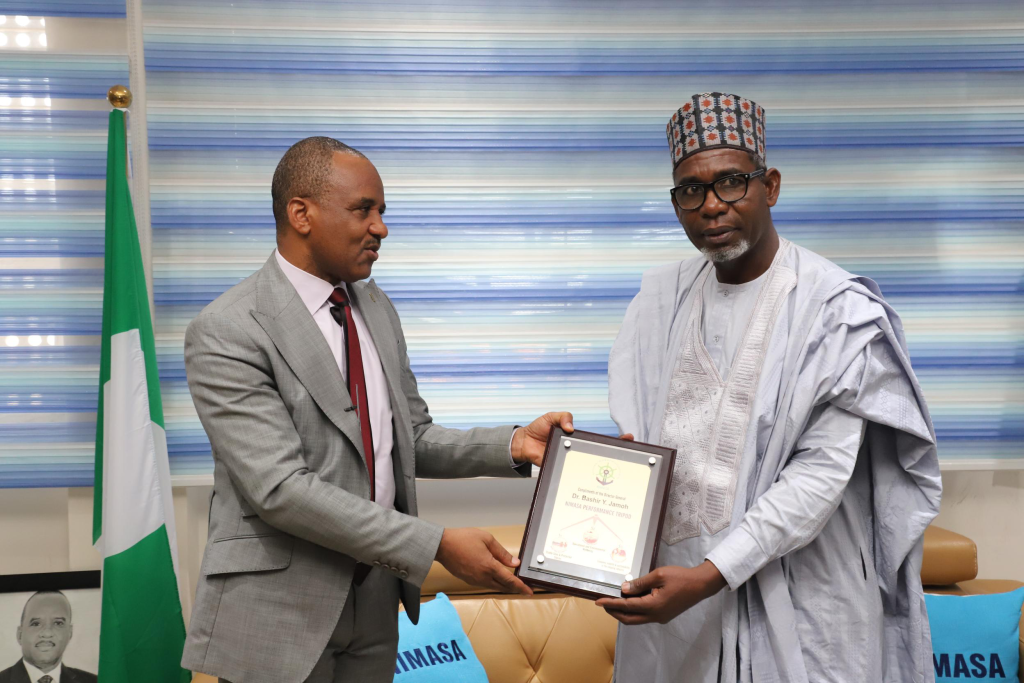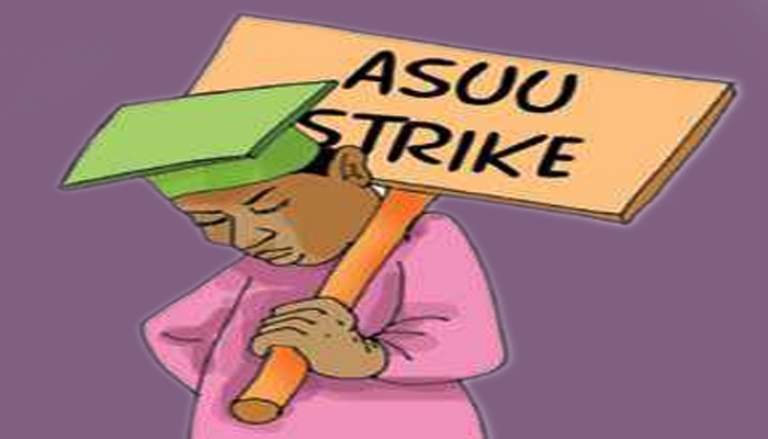Ever wonder why political leaders and elite will rather send their wards to foreign schools? So long as our leaders can buy bottled water for themselves, they won’t be motivated enough to clean the rivers, Odunewu Segun writes
For very long time, Nigerians have blamed the woes of Nigeria, particularly that of the public educational system, to the many years of military misrule.
But with the re-emergence of civil rule the nation’s educational institutions are still in shambles today, with political leaders preferring to send their wards abroad while little is done to improve the quality at home.
According to stakeholders, when those responsible for managing schools that cater to 90 percent of the children send their own kids to private institutions, would they be motivated to improve the shabby state of government-run schools.
A cursory glance at the profiles of kids of some of our political leaders shows their penchant for elite universities in the UK and US.
Only recently, Governor of Sokoto, Aminu Waziri Tambuwal beamed with smiles as his son, Najib Waziri graduated from a school in the United Kingdom. Senate President, Bukola Saraki also flew to the UK as his son, Seni Saraki graudated from the London School of Economics.
ALSO SEE: NANS urges Buhari to subsidise education
Princess Fulani Siddika Sanusi, daughter of Emir of Kano, Muhammadu Sanusi Lamido, a former governor of the Central Bank of Nigeria recently graduated from the University of Buckingham, United Kingdom with the Oni of Ife, Adeyeye Enitan Ogunwusi attending the graduation in the UK.
The list is endless.
What is unsurprisingly evident is that the children of our leaders, in most cases, do not face JAMB, WAEC and several other examinations! The excruciating race, synonymous with Nigeria’s higher education is not endured by the children of those who created this mess.
There are questions we will have to ask. If our leaders do indeed understand the failings of Nigerian public schools, why haven’t they done enough to improve them?
Although Nigeria’s educational institutions in general are in dire need, the most troubled of the three tiers is the primary education sector. Some of the loans received from the World Bank toward education during the 1990s were used to purchase unnecessary, and “expensive equipment” that “could not be properly installed or maintained, and many institutions received irrelevant and useless books and journals.
With the news of corruption still filling the pages of Nigeria newspapers and magazines, the apparent war on corruption in the society seem an impossible task, since those wagging the corruption-war are themselves as corrupt as a parrot.
So long as our leaders can buy bottled water for themselves, they won’t be motivated enough to clean the rivers.

 Football1 week ago
Football1 week ago
 Entertainment6 days ago
Entertainment6 days ago
 Business6 days ago
Business6 days ago
 Business6 days ago
Business6 days ago
 Football7 days ago
Football7 days ago
 Crime1 week ago
Crime1 week ago
 Health6 days ago
Health6 days ago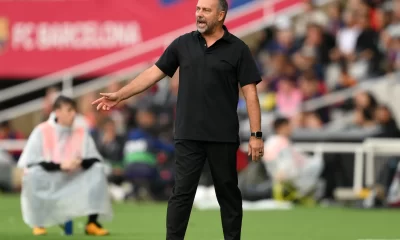
 Football1 week ago
Football1 week ago
